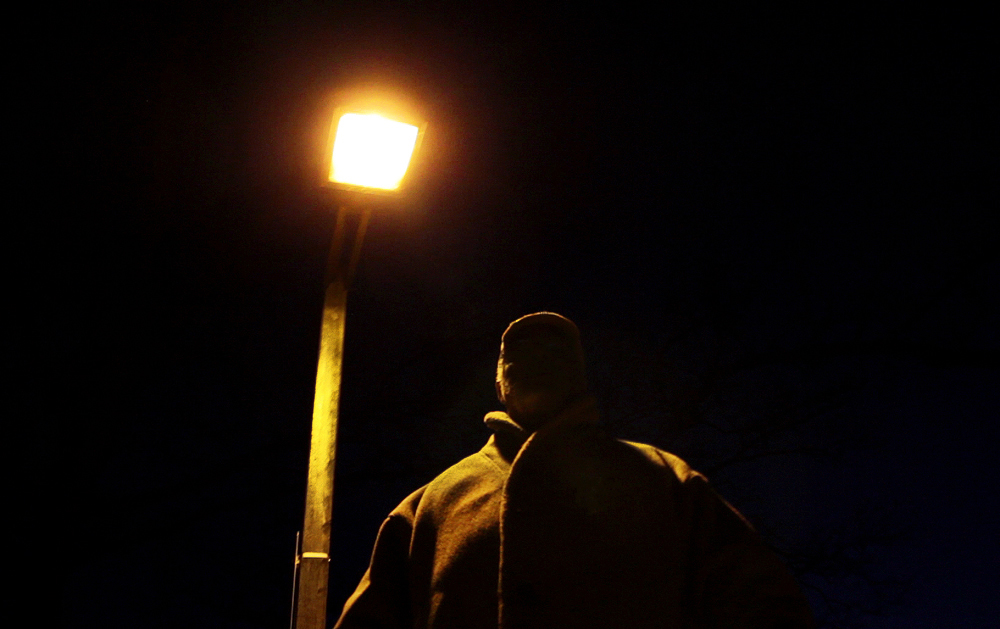Imagine you are an FBI informant conducting an active sting operation. (Please, suspend the many reasons why you would never do such a thing and just go with me momentarily.) You’re investigating Persons of Interest (POIs) who the FBI feels are a threat to the security of the USA; you’ve moved to the target location, changed your name, and are living in a safe house. You assume security and under-the-radar behavior are of utmost importance; you avoid public wifi for fear of data breaches, you drive different routes to the same location to avoid being followed, and you most definitely avoid telling anyone you know what it is you’re doing. That’s how those things work, right?
Apparently, no. T(error) follows an active FBI informant during an active counterterrorism sting operation in Pittsburgh. The documentarians show his face, his family, his community; they follow him as he sets up the new sting operation in Pittsburgh, show the location of his safe house, and even film the photos and locations of the POIs he’s investigating. The FBI has no idea this is happening. We hear the voice of his FBI supervisor, see the text messages they exchange, and sit in the car filming their meetings in parking lots from afar; while, again, they think no one knows what’s happening in this instance. The breadth of the film’s access is astounding: all I could think for most of the film was, How is the informant not worried about this unprecedented access into the FBI inner-workings? How is no one going to jail for this - or have they gone to jail since the film was released?
As it turns out, the access to the informant, while incredibly exciting, illuminates a terrifying system whereby the FBI targets people within the US who haven’t committed a crime and uses informants to get them to agree to commit one. Not to actually commit one; but to use language that alludes that they might. We meet one of the POI’s the informant is investigating, and we see the tactics used against him as he continually resists the attempts of others to pull him into a terrorism-promoting sphere.
This film begs the question: What is the price we pay for safety? What liberties are we relinquishing under the guise of safety? And, most importantly, who is watching the people who are watching us? It’s terrifying to contemplate the answers. Especially to the last question, as it appears no one is watching the organizations that have systematically gained vast amounts of power and influence especially in the criminal justice system… which feels anything but just, especially in this context.
While I’ve seen many fantastic films at this festival, this is the breakout; this is the film I want to watch again and again. Not because it’s happy or fun, but because it feels like a duty. Citizens should know about the atrocities being committed in our own communities; we cannot protect ourselves if we don’t.
Grade: A
T(error) will have it’s final screening at IFFBoston tonight at 9:30 at the Somerville Theatre. I cannot recommend that you attend it enough. Tickets can be found here or at the Somerville Theatre box office.

 RSS Feed
RSS Feed
